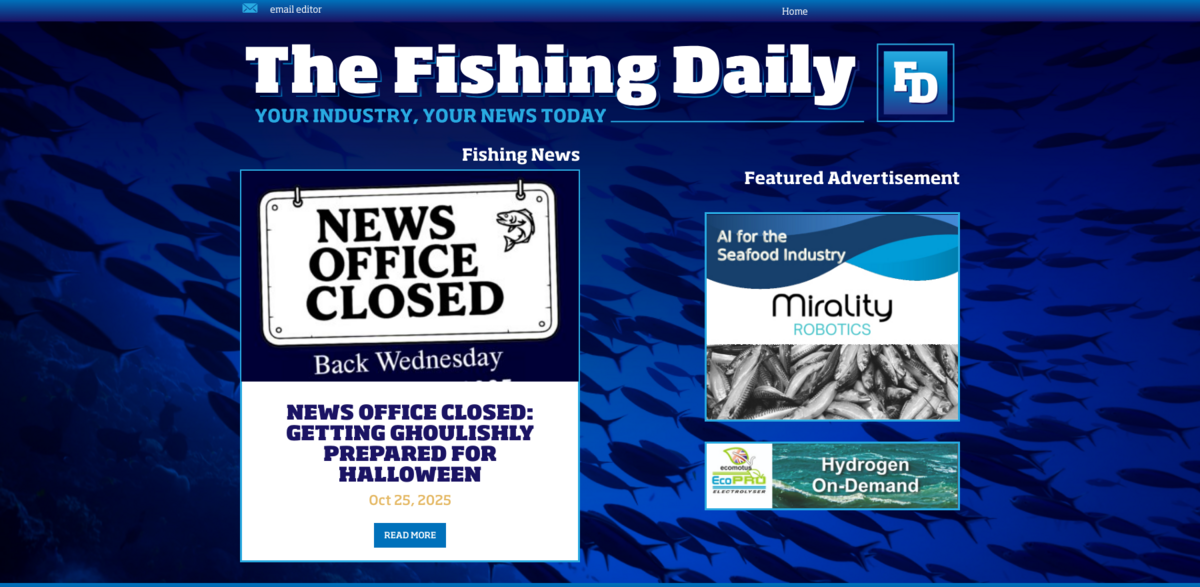North Sea Advisory Council Challenges ICES Zero Catch Advice
The North Sea Advisory Council (NSAC) is pushing back against ICES’s zero cod catch advice. Instead of a total ban, NSAC proposes a 25% quota cut combined with real-time closures to protect the Southern stock. This approach aims to balance conservation efforts with the fishing industry’s needs, offering a more flexible and responsive management strategy.
Main Benefits of the NSAC Proposal
Here’s a quick rundown of the key figures and facts:
- ICES recommends zero catch for cod in the North Sea.
- NSAC suggests a 25% quota cut instead.
- Real-time closures to protect Southern cod stocks.
- Focus on sustainable fishing without a complete halt.
- Effort to maintain industry viability while safeguarding fish populations.
EU Commission Simplifies & Modernises Fisheries Control Rules
The European Commission is shaking things up by modernising fisheries control rules. The goal? To harmonise enforcement across EU fleets, cut down on red tape, and digitalise vessel tracking. This means smoother operations, better compliance, and a more transparent fishing industry throughout Europe.
Scottish Government Invests £14 Million to Boost Marine Sector
In a big move, the Scottish Government has awarded £14 million through Marine Fund Scotland. The investment targets job creation, emission reductions, and strengthening coastal marine industries. It’s a significant boost aimed at making the marine sector more sustainable and economically robust.
Irish Fishing Industry Faces Major Quota Cuts
Minister Heydon has issued a stark warning about the 2026 fishing quotas. Ireland is bracing for severe cuts — 70% reduction in mackerel quotas and 20% in prawns. These cuts deepen the seafood crisis, putting pressure on fishermen and the wider industry to adapt quickly.
Project Impact on Sustainable Development Goals (SDGs)
- SDG 14: Life Below Water – Protecting marine ecosystems through quota management and real-time closures.
- SDG 8: Decent Work and Economic Growth – Supporting fishing communities with sustainable job opportunities.
- SDG 12: Responsible Consumption and Production – Promoting sustainable fishing practices and reducing overfishing.
- SDG 13: Climate Action – Reducing emissions in the marine sector via government investments.
Other Noteworthy Developments in the Fishing Industry
There’s plenty happening beyond quotas and regulations. For instance, the SFPA has enforced an immediate closure of edible and spider crab fisheries in Ireland’s Biologically Sensitive Area to protect stocks. Meanwhile, Europêche welcomes new EU rules on brine-freezing conditions for tuna purse seiners, ensuring seafood safety. And on the community side, over 600 people rallied against the Moray FLOW Project, showing how public concern is shaping the industry’s future.


















